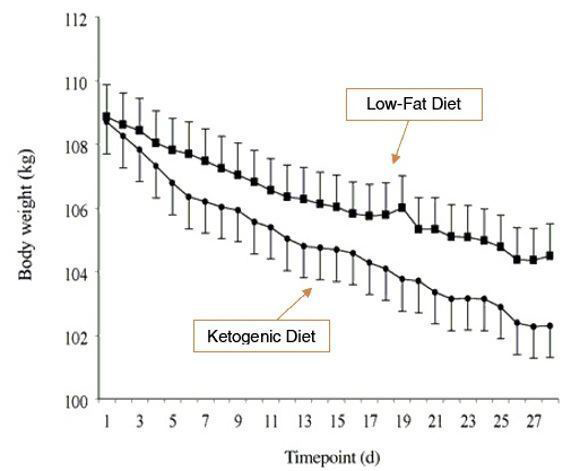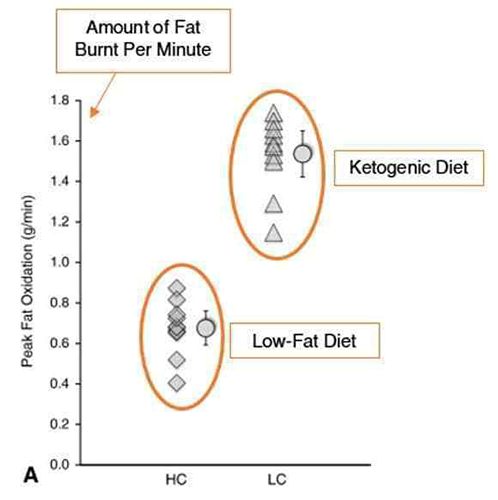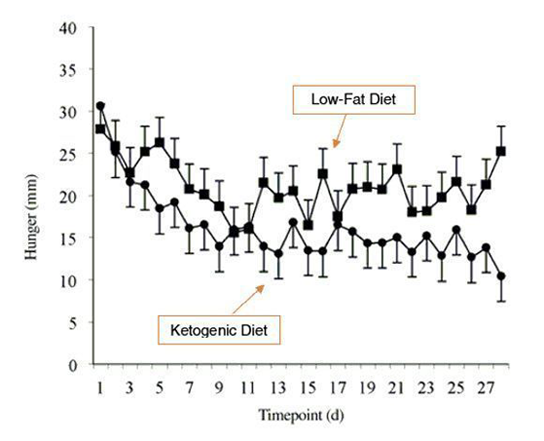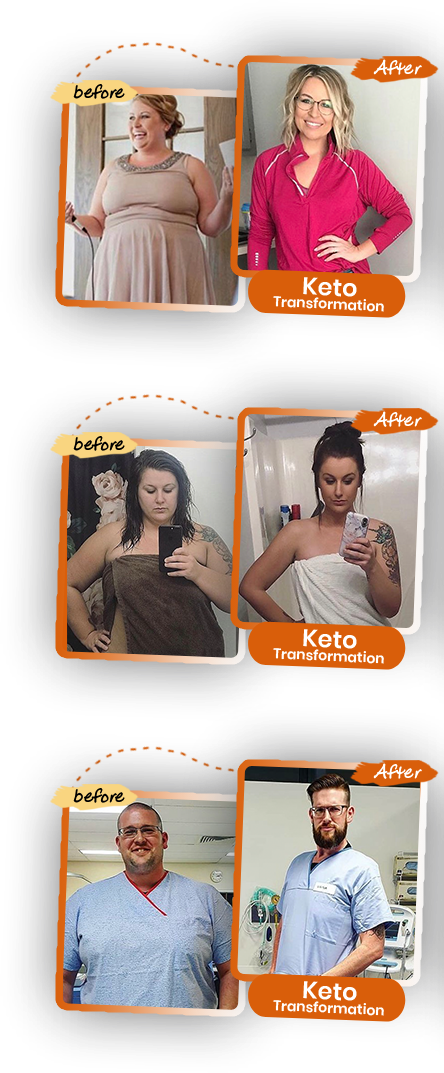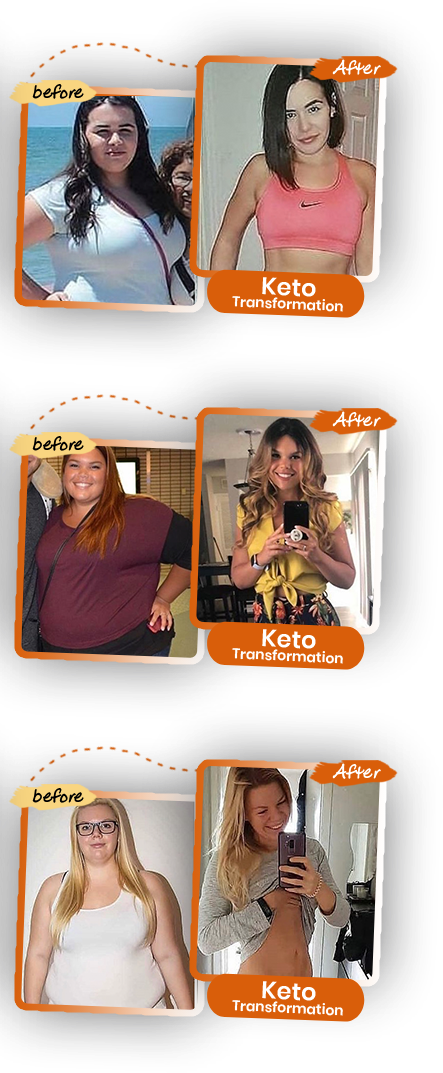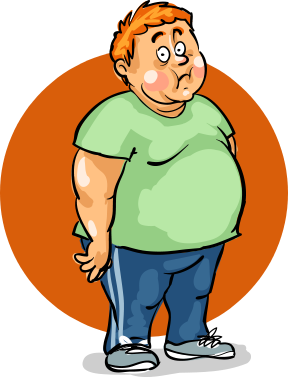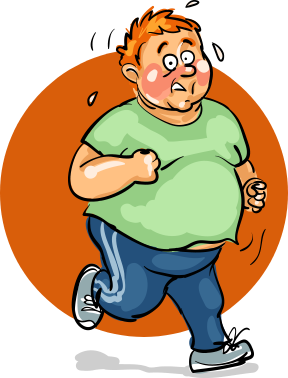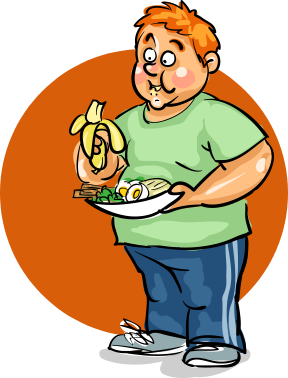What to Eat to Lose Fat and Get Healthy Without Giving Up!
Share
Would You Like to Know Exactly What to Eat to Lose Fat and Get Healthy Without Giving Up Your Favorite Foods or Starving Yourself?
If you’re serious about achieving permanent fat loss and a complete health transformation while eating your favorite foods every meal…
I invite you to read this page.
Dear friend,
Is it true? Has modern science finally discovered a diet that can strip off body fat like clockwork, while still allowing you to eat tasty meals like ribeye steak with roasted garlic and butter?
Hi, I’m not a professional ad writer, but what I have to share with you is so extraordinary and powerful that I decided to write this myself. So bear with me a little.
Here’s The Deal:
In my opinion, the nutrition industry is hopelessly broken. Instead of helping people improve their health and overall physical appearance, the world is filled with myths, scams, and flat-out lies.
I mean, it’s obvious the current dietary guidelines don’t work. Just look at the stats. 71.6% of American adults aged 20 and above are overweight, of which more than half are obese![1]
Now, if you’re one of the millions of people who follow all the nutrition rules outlined by health and fitness “gurus” but still carry excess fat, it is not your fault!
The Truth Is:
No matter how genetically “doomed” you may think you are, and no matter how frustrated you may feel after trying and discarding many diets, you absolutely can have the lean and alluring body of your dreams.
You see, getting into fantastic shape isn’t nearly as cruel as nutrition and fitness “gurus” want you to believe. In fact, if you avoid the four most common and catastrophic diet mistakes, shaping your dream figure is actually a simple process.
Do You Make These Four Common Diet Mistakes That Sabotage Your Health and Stall Fat Loss?
Mistake #1
Not being in a calorie deficit
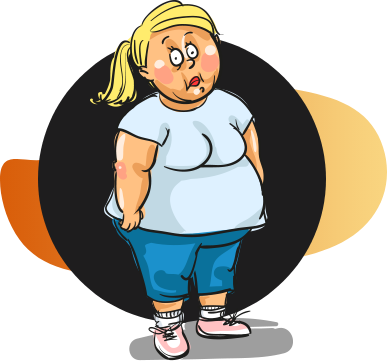
According to some “experts,” losing weight and keeping it off is all about controlling the types of food you eat.
They say particular foods are “fattening” because they pause fat burning and cause a hormonal environment that leads to weight gain… while other foods “balance” the system and stimulate fat loss.
While that’s partially true, it doesn’t give you the full picture. The reason is that if you want to lower the number on your scale, the most important thing you must do is enter a caloric deficit.
It’s simple. If you consume more calories than you burn, you’ll gain weight. And if you consume fewer calories than you burn, you’ll lose weight. That’s a scientific fact.[2]
Looking for proof? Well, dozens of studies show the vitality of calorie balance.[3-19] One of these is a case study by Mark Haub, a professor of human nutrition at Kansas State University.[20]
He carried excess pounds and, knowing the importance of calorie balance, decided to do an experiment. For two months, he only ate foods like Twinkies, Oreos, Dorito, and protein shakes while maintaining a daily energy deficit of 800 calories.
The result? In just two months, he lost 27 pounds and reduced his body fat from 33.4% to 24.9%.
Now, I don’t recommend you follow such a diet, but it illustrates my point. If you want to lose fat, you must be in a calorie deficit.
Mistake #2
Severe calorie restriction that gives you the metabolism of a 90-year-old lady
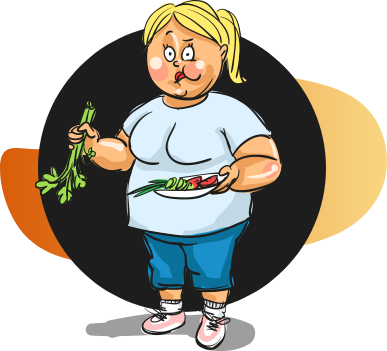
If an energy deficit of 250 calories a day will get you lean, a 1,000-calorie deficit will give you the results four times as fast, right?
Wrong! Many people make this mistake, and I used to do it too before I knew any better.
The truth is, severe calorie deficits screw up your physiology. That’s why almost all low-calorie dieters regain the lost pounds when they stop the program… plus, most often gain some more on top of that.
You see, your body doesn’t know you’re trying to get ripped for the beach. Instead, because you’re starving yourself, it thinks you’re stranded with no food.
As a result, your body’s metabolism will plummet to prevent you from losing weight. This means that as soon as you come off your diet, your body will store as much food as possible as fat to prepare itself for the next starvation.
That’s why it’s essential to eat according to a calorie target fine-tuned for your body, your situation, and your goals.
Mistake #3
Thinking all calories are created equal
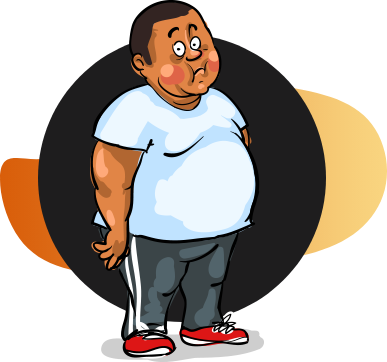
Thus far, we’ve looked at calories. And while calories are a crucial piece of the fat loss puzzle, they’re in no way the only thing that matters. You see, when most people say they want to lose weight, they actually strive to improve their health and look better.
The thing is, if you want to accomplish such feats, you shouldn’t strive for weight loss. Instead, set your sights on fat loss. That’s because losing weight doesn’t necessarily improve health and appearance, but losing fat does.
Now, when it comes to fat loss, calories remain a crucial element. But what is just as crucial is your macro intake. In other words, your consumption of protein, carbs, and fat is vital. How you set up your macros has a profound effect on how your body will respond to the meals you eat.
For example, if you consume too many carbs, it’ll be near impossible to lose fat even if you maintain a calorie deficit. That’s because carbs spike insulin, a hormone that blunts fat loss in two main ways.
One of these is that elevated insulin levels block the release of fat from your fat cells.[21-23] And if your cells can’t release fat, your body can never burn off the excess.
Second, elevated insulin levels cause the storage of energy found in your bloodstream to morph into body fat cells.[23-25] This means the energy won’t get burned off by tissues like muscle but instead snakes its way around to places like your hips and abs.
That’s why researchers call insulin the “fat storage hormone,” and that’s why carb-rich diets make it nearly impossible to lose fat.
Insulin is but one example. Optimizing your macros is crucial for many more reasons, so in a minute I’ll show you how to set up your macros to triple fat loss.
The best part? The method I’ll show you in a minute from now is effortless to follow and never leaves you hungry. In fact, this eating style is so satiating and easy to follow that you would probably forget you were on a diet if you weren’t losing fat so fast.
Mistake #4
Following an unrealistic, overly restrictive diet
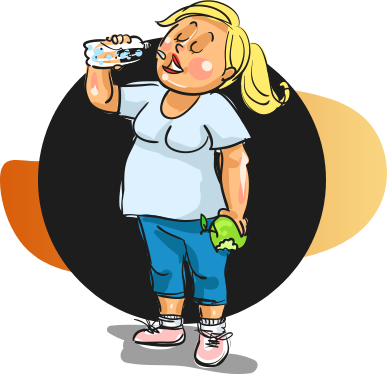
Willpower works like a battery – you only have so much of it until it runs out. That’s why very restrictive diets deplete your willpower, increase your cravings, and lead to binging – the exact opposite of what you want when trying to build your dream body.[26-27]
I’ve seen it countless times before… a guy or gal who is dedicated to losing weight and getting healthy. To kick things off, they start a diet that only allows food like tilapia, asparagus, and chicken. After all, that’s what the fitness magazines recommend.
While the results are great in the beginning and the dieter loyally brings Tupperware boxes packed with “healthy” meals wherever they go, their willpower eventually runs out and that diet gets tossed out the window.
Just keep in mind that dieting itself is already hard. Don’t make it even harder for yourself by enforcing all kinds of unnecessary restrictions. Otherwise, you’ll likely take on a “screw it” mentally after a few weeks or even days, wake up in a sea of Twinkie wrappers and be back to square one.
The Solution to These Diet Blunders:
A Keto Meal Plan Customized to Your Body, Situation, Goals, and Taste Buds
If you want to take all the guesswork out of your diet and follow a guaranteed-to-work plan, then you’ll love my brand-new custom keto meal plan service.
For the last few years, I’ve united leading nutritionists, personal trainers, and chefs to develop custom keto meal plans that are effective, convenient, cost-effective, and (most importantly) enjoyable.
And when I say “custom” meal plan, I mean it. These aren’t your run-of-the-mill, “here are some recipes pulled together from random blogs” meal plans many nutrition “gurus” sell for way too much money.
Instead, we tailor your entire meal plan to your own unique situation, needs, goals, and dietary preferences to ensure you experience optimal progress and follow a diet you enjoy.
In other words, your days of suffering on ineffective and overly-restrictive diets are finally over. It’s time to start working based on a method that’s best for you.
What Truly Sets These Meal Plans Apart is that They’re Based on the Keto Diet
Unless you were lost in the Himalayas for the last few years, I bet you’ve heard of the keto diet. In fact, you probably have a friend or family member who has transformed their body like magic with this diet.
But in case you didn’t know or just forgot, here’s a quick recap. A keto diet is an eating style where you consume almost no carbs, moderate amounts of protein, and high amounts of dietary fat. So, you’ll be eating tasty high-fat meals like ribeye steak with roasted garlic and butter.
“Why would you do that?” you may wonder. Well, a very low carb intake puts you into a state called “ketosis.” You see, under regular circumstances, your body relies for the most part on glucose (the stored form of carb).
When you minimize your carb intake, however, there’s not enough glucose available for your body to fuel all its functions. And because some tissues like your brain cannot use fat for fuel, your body needs an alternative energy source to stay alive.
That’s where ketones come in. Ketones are chemicals produced in your liver when glucose is scarce. Various tissues like your brain can use these ketones for fuel when glucose is absent.[28] That’s an excellent outcome because, otherwise, you would die.
Now, when your body uses primarily ketones and fatty acids for fuel, you’re in a state called “ketosis.” That’s invaluable because…
Want proof? Here’s what a meta-analysis of thirteen randomized controlled trials published in the British Journal of Nutrition concluded:[29]
“Individuals assigned to a VLCKD [very low carbohydrate ketogenic diet] achieve a greater weight loss than those assigned to an LFD [low-fat diet] in the long term; hence, a VLCKD may be an alternative tool against obesity.”
In fact, two randomized controlled trials found the keto diet leads to more belly fat loss and produces up to three times as much weight loss as a high-carb, low-fat diet![30-31]
That’s right. Those who followed a keto diet lost more fat while eating tasty foods like bacon, scrambled eggs with hot sauce, BBQ wings, and pork rinds nachos. But why is a keto diet superior for fat loss?
